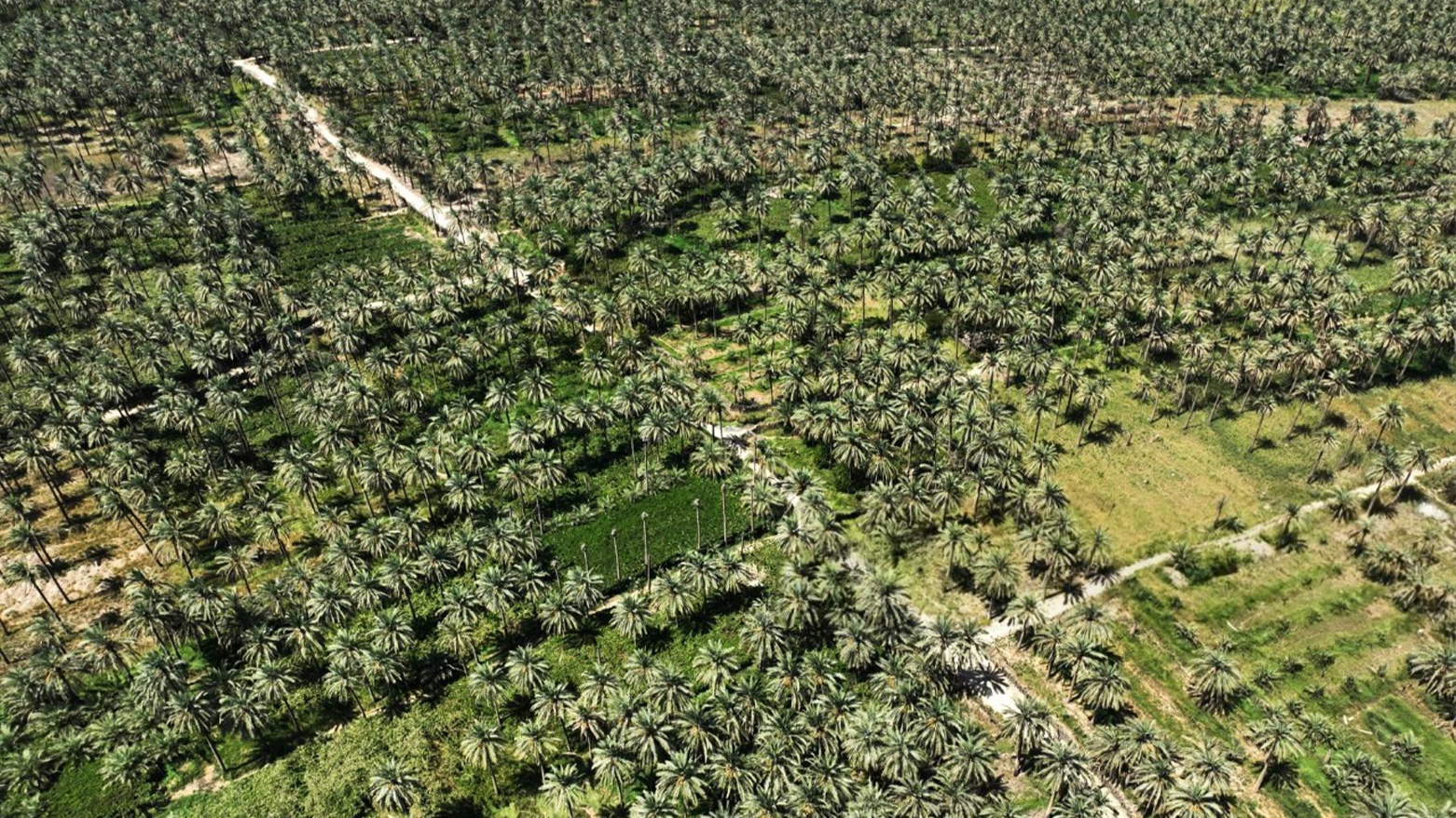Iraq Tops Global Palm Tree Numbers
Despite its leadership in tree numbers, Iraq ranks fourth in global date production, a gap the country is actively working to close through agricultural reforms and increased investment in farming infrastructure.

ERBIL (Kurdistan24) – Iraq has reaffirmed its position as the leading country in palm tree numbers and the fourth-largest global producer of dates, with the country’s date exports reaching an impressive 700,000 tons in 2024.
This significant milestone underscores Iraq’s ongoing efforts to expand its agricultural sector and diversify its economy beyond oil dependence.
According to Mithaq Abdul Hussein, Technical Deputy Minister of Agriculture, Iraq currently boasts an estimated 22 million palm trees, solidifying its status as the world's top-ranking country in palm tree population.
Speaking to the press on Saturday, Abdul Hussein outlined the government's ambitious plans to increase the number of palm trees to 30 million in the coming years, reinforcing Iraq’s agricultural strength and enhancing its export capacity.
Data confirms Iraq’s leading position in palm tree numbers, ahead of major date-producing nations. Iran follows closely with 21 million trees, while Saudi Arabia ranks third with 12 million. Algeria holds fourth place with 9 million trees, and both Egypt and Libya have approximately 7 million trees each.
Despite its leadership in tree numbers, Iraq ranks fourth in global date production, a gap the country is actively working to close through agricultural reforms and increased investment in farming infrastructure.
The past few years have seen steady growth in Iraq’s date production. In 2022, the country produced 650,000 tons of dates, a figure that rose to 725,000 tons in 2023. By 2024, production had surpassed 800,000 tons, with a record-breaking 700,000 tons exported worldwide.
Abdul Hussein attributed this success to ongoing efforts by the Ministry of Agriculture to support local farmers, implement export-friendly policies, and promote modern agricultural techniques that boost yield and quality.
"The rise in production and exports is a direct result of government initiatives aimed at strengthening Iraq’s agricultural sector and positioning dates as a key export commodity," Abdul Hussein stated.
He further emphasized that these measures align with the government’s broader economic diversification strategy, designed to reduce Iraq’s heavy reliance on oil revenues by bolstering other industries such as agriculture.
The continued expansion of Iraq’s palm tree population and date production is expected to have lasting economic benefits. With sustained investment and strategic policies, Iraq aims not only to maintain its dominance in palm tree numbers but also to climb higher in the global rankings for date production and exports.
As the government moves forward with its plans, experts anticipate that Iraq’s role in the international date market will continue to grow, solidifying its reputation as a leading player in the agricultural sector.